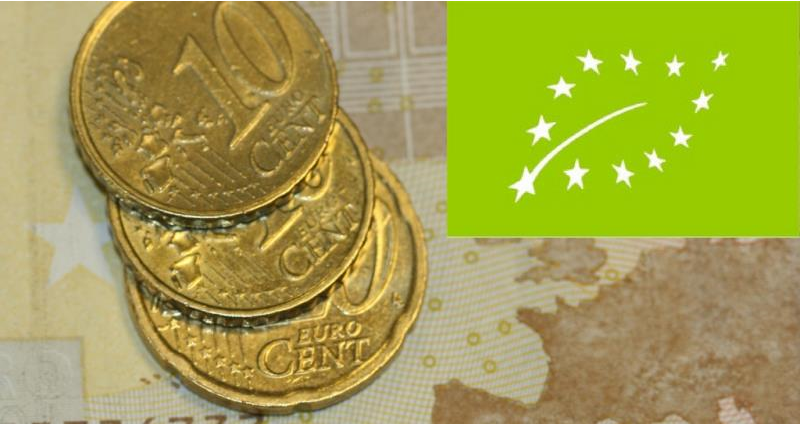The 11th EU Organic Congress was held last week in Tallinn, Estonia, where the long awaited compromise agreement on new EU organic rules was a key topic of discussion. Plans for new legislation to guarantee fair competition and improve confidence in the organic sector were originally put forward by the Commission in 2014, but disagreement between the EU institutions resulted in a three year negotiation period and a record breaking total of 18 ‘trilogues’ (where commission, council and parliament discuss together). Speaking at the event, Thomas Fertle of IFOAM EU said that the agreement was "not what we were dreaming of".
Lead parliament negotiator on the file, MEP Martin Häusling (EU green party, Germany) also said that the agreement was not perfect, though he insisted that it does add value for the organic sector. He argued that the biggest threat to EU organic farming is imports from third countries with lower standards, and he said that the new regulation would help counter this.
Professor Nicolas Lampkin of the Organic Research Sector warned that while regulation is important to safeguard the sector, there is a danger of overregulating.
The compromise text agreed at the end of June this year was expected to be approved by the July meeting of the Agriculture Council, but more technical work still needs to be done over the autumn. The agreed final text will text will then go to council and parliament for final approval.
